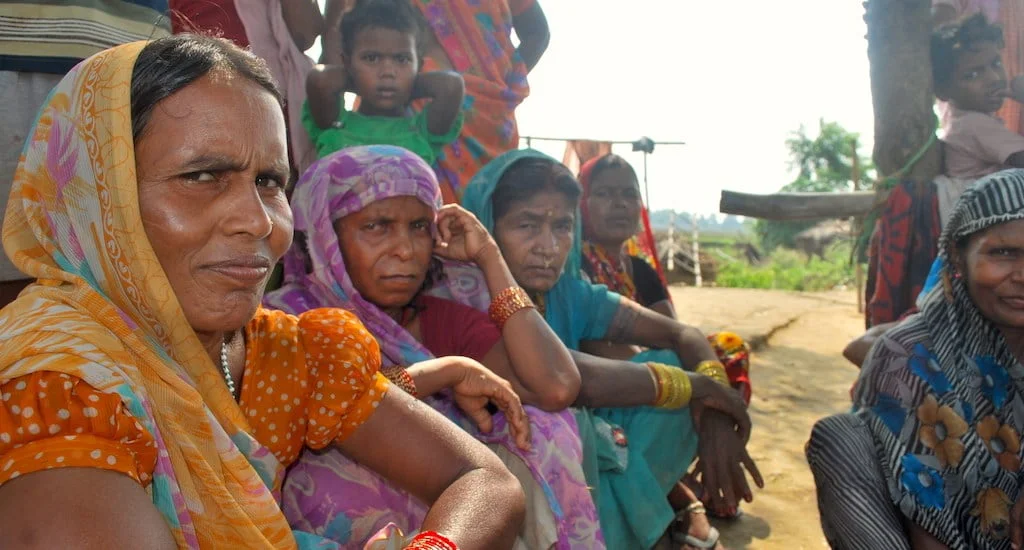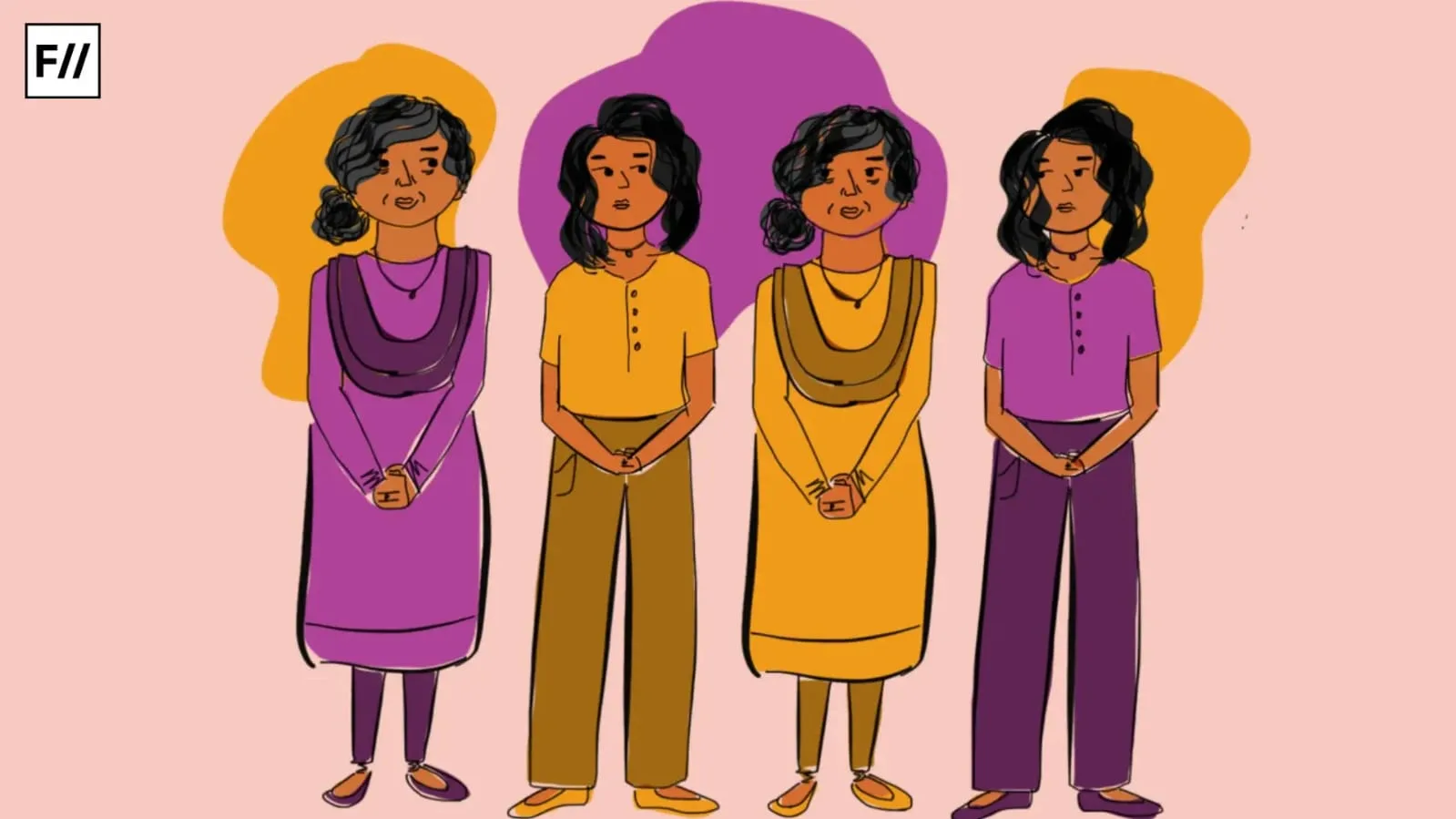Depression is probably one of the most common and at the same time unnoticed mental health problem in the world right now. While it is found in 1 in ten people, it is more common in women than men. In fact, a woman has 50% more chance of being depressed than a man. Why? Well, apart from hormonal reasons, societal make up, personal trauma, abuse and other social causes are also a factor.
Clinical Depression is more than just being sad. It interferes with a person’s daily life and behaviour. It shows in chronic fatigues, changes in appetite and sleep problems. It affects one’s mood because they feel sad, hopeless and empty. It interferes with daily activities, making one lose motivation and interest in things that were amusing before. It can also result in short temper, social withdrawal, loss of concentration and irritability. The symptoms are positively alleviated more than 80% of the time with proper treatment. However, most people live with undetected depression due to ignorance and social stigma.
According to the World Health Organisation, Indians are among the world’s most depressed. While that is true, women are also more prone to being depressed in India, and being suicidal. Women experience several biological changes like menstruation, menopause, postpartum and pregnancy. These things stress out the body and can lead to depression. The most commonly neglected depression is postpartum depression which affects one in four mothers. The other thing that people don’t notice is that what they are calling PMSing might actually be depression. The symptoms of PMS and depression are alike and if one gets it for a couple of months, they should go see someone.
Studies have also shown that women are more prone to depression because of social conditioning that leads to lower self worth and confidence. The bias in workplaces, with lower pay and discrimination also plays a part in reinforcing the idea that women are not good enough. Women also work under a lot of additional stress because they are still the primary caretaker of children, and responsible for housework. Added to that are body image issues, daily harassment and prejudice.
Women who have been victims of abuse, rape or other sexual harassment are also at high risk for depression. Victimisation and often criminalisation of the victim causes low self esteem, self-blaming and a general helplessness. The survivors are at high risk for major depressive episodes and it can lead to self harm and suicidal tendencies.
A culture of neglect and prejudice brings out the skewered statistics of suicides and depression in women. Suicide is one of the leading causes of death in women in India. While we cannot change the country or the statistics right now, we can look out for the signs of depression in women, and then help them speak out or talk to someone. We can also talk about depression, spread awareness and reduce the social stigma around getting help for mental health problems.
Featured Image Credit: Image Source
About the author(s)
Intersectional feminist. Atheist. Author. Poet. Fiction Junkie. Loves pissing off discriminatory people. Always up for a good book and black coffee.




Thanks for sharing information tips here. I am always searching tips over the internet.
I really appreciated your work. keep on posting.